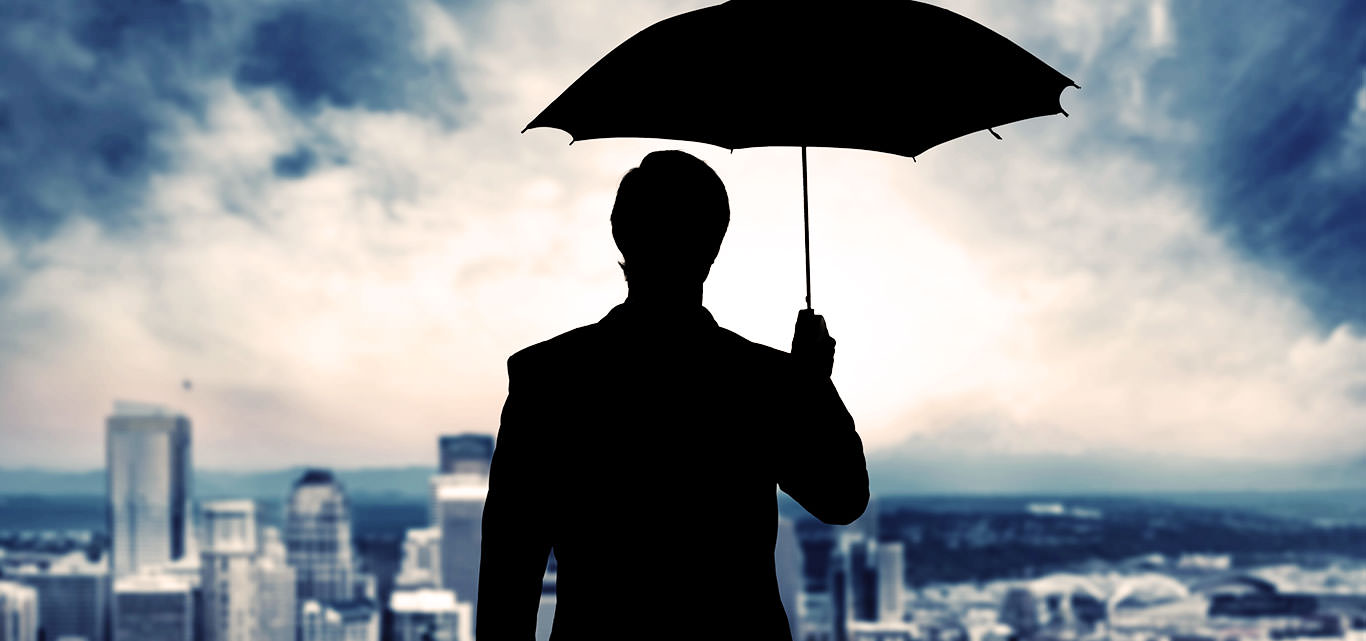
Business Insurance: Why You Need It, and What to Buy
We get it; running a small to medium-sized business can feel like you’re juggling a million little things from human resources to payroll to operations. However, even a small mistake or dispute with a customer or an employee can be costly. That’s why it’s important to make a plan to buy business insurance. Let’s take a closer look at the coverage you need.
Some Insurance is Required
Remember, your business is still subject to the laws of your state so some insurance may be required right up front. Among the coverage you may be forced to have include Workers’ Compensation Insurance in case an employee gets hurt on the job; Unemployment Insurance, which covers your employees in the event an employee loses their job or is terminated for cause; and Disability Insurance, which provides payments to employees if they experience a serious illness or injury.
The Best Umbrella Policy to Buy
There are many different areas of insurance coverage for the average business, but by far the most popular — because it combines the most important insurance into a single policy — is a Business Owner’s Policy (BOP). A BOP generally includes:
- Professional Liability Insurance, which is also known as Errors and Omissions (E&O) insurance, protects business against claims by clients or customers for inadequate work or negligent actions.
- Property Insurance is critical if you are renting out space, own a facility, or have lot of equipment or products on site. If you run your business out of your home, you may not qualify for Property Insurance, but you can always increase your home insurance or seek out a specialty policy that covers your home-based business.
- Business Income Insurance helps replace lost revenue or income if you’re forced to close temporarily due to a covered loss like theft or a fire.
What Other Kinds of Insurance Are Available?
A BOP is a great place to start but there are lots of other specialty policies that may apply to your business. These include:
- Insuring against a Data Breach may be critical if the nature of your business requires that you store sensitive customer information. Whether it’s names, mailing addresses, personal ID like a driver’s license or social security number and especially credit cards, securing Data Breach insurance protects you against damages or costs incurred by a data breach.
- Property Insurance has its limits and often won’t cover a natural disaster like a flood. Commercial Flood Insurance can protect your business in the event a flood damages your facility or equipment.
- Employment Practices Liability (EPL) coverage can help protect your business in the event an employee sues you. If a disgruntled employee claims something like wrongful termination, this coverage can help cover the related legal costs, which can be costly regardless of whether it goes to court or mediation.
What Isn’t Covered by Business Insurance?
It’s important to understand your business model so you know what needs to be covered but in general, certain types of natural disasters, intentional fraud, or auto accidents are not covered by traditional business insurance.
How to Purchase Business Insurance
- Make a Plan: Do your homework, talk with your peers in whatever industry you’re invested in, and take an informal “audit” of your business so you understand how your business model, personnel structure and inventory may affect what insurance you get.
- Hire a Broker: Insurance brokers who are trained to advise businesses are specially trained to help you field quotes and provide the coverage you need.
- Compare Quotes: When you’re comparing quotes, be sure to look at coverage limits and the deductible as well as the monthly premiums.
